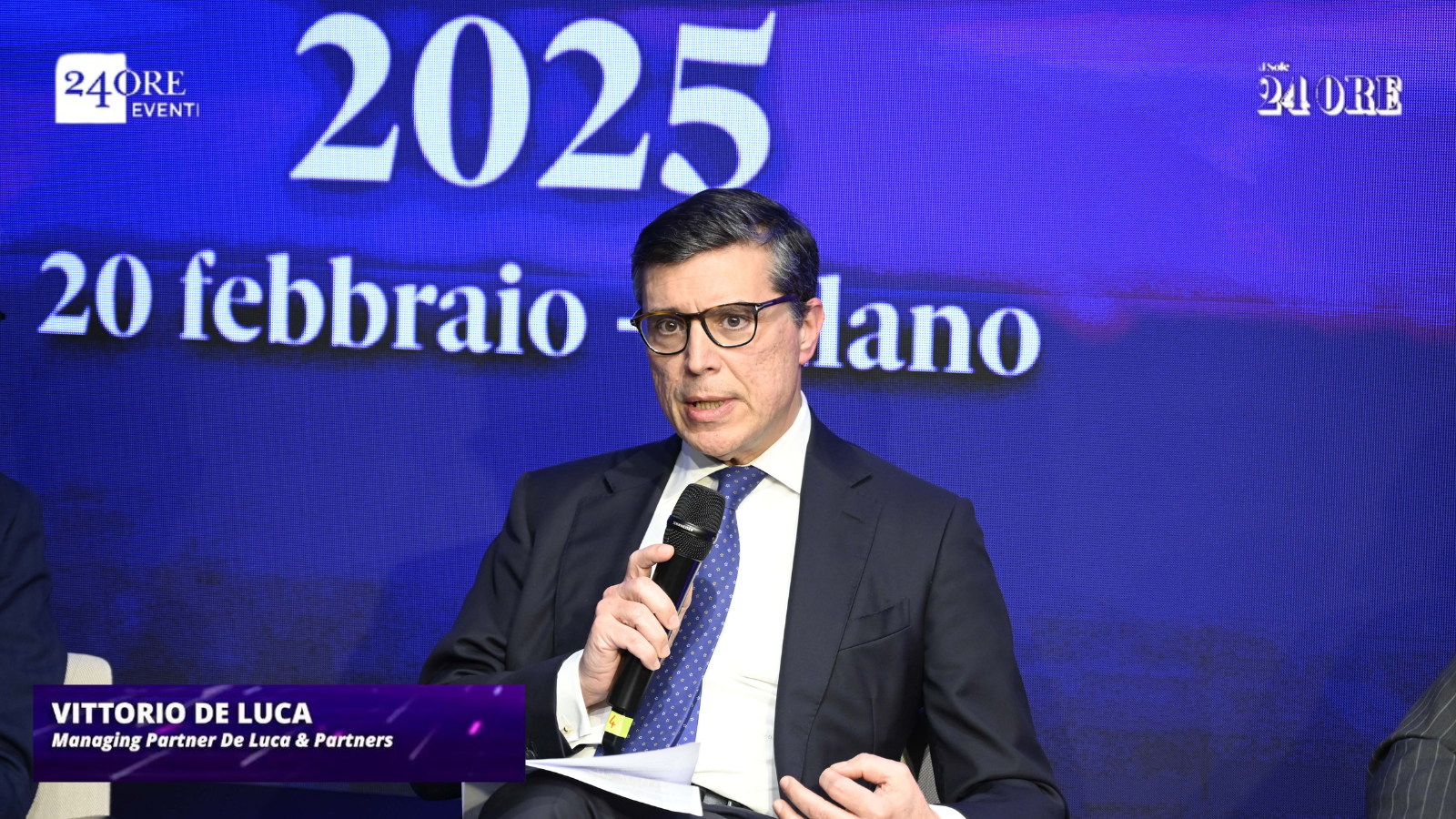“It is essential that Companies ensure the proper implementation of remote working during the current emergency phase and in the post-pandemic era. This is only possible by preparing a “remote working plan” centred on two factors – the Individual Agreement and the Framework Regulation.”
“Companies resorting to remote working must consider the related privacy aspects. They must adopt technical and organisational measures to protect the remote worker’s data and the security of the company’s information assets.
This is what Vittorio De Luca and Elena Cannone said as speakers at the webinar organised by Il Sole 24 Ore “Remote working and returning to work: post-emergency considerations.”
The topics discussed were:
- Ordinary and emergency remote working;
- Employer’s executive and disciplinary powers
- Remote worker rights;
- Health and safety at work;
- Green pass and remote working;
- Right to disconnection;
- Remote working and data protection and privacy;
- Incentive systems
Please fill in the form below to request the in-depth slides.
Programme
Institutional greetings
Eraldo Minella General Manager Area
Professional Services, Gruppo24ORE
Speakers
Lawyer Vittorio De Luca – Managing Partner De Luca & Partners – Il Sole 24ORE Expert
Lawyer Elena Cannone – Managing Associate De Luca & Partners
I. REMORT WORKING):
– the origin of remote working
– differences with teleworking
– the remote working regulations
– emergency remote working (including remote working and green pass)
– who is a remote worker?
– health and safety at work
– the remote worker’s accident
– Framework regulation on remote working
– remote working and data protection and privacy
– incentive systems
II. THE RIGHT TO DISCONNECT
III. PRACTICAL CASES
Remote working has had an exponential increase due to the Covid-19 health emergency which started in 2020. Remote working has gone from being a tool designed to increase productivity and improve the “work-life balance” to a fundamental tool for containing the pandemic wave and reduce the risk of virus transmission in the workplace.
The advantages and potential of this method have oriented many companies towards a new “hybrid” organisation that combines in-person and remote working.
Many companies have applied a more flexible agreements and regulations that allows workers to choose when to work in-person or remotely, making their space and time boundaries more fluid.
Considering the complex emergent regulatory framework, proper remote working conduct becomes crucial. It needs to be understood that “remote” working does not mean working “from home.” Under art. 18, paragraph 1 of Law no. 81/2017, the remote worker, works partly inside company premises and partly outside, without a fixed location.
In the post-pandemic scenario, to make the most of the “new normal“, companies must prepare a “Remote Working plan” focused on the individual agreement between the parties and framework regulations which govern its use.
Read our DLP Insights on this topic.





